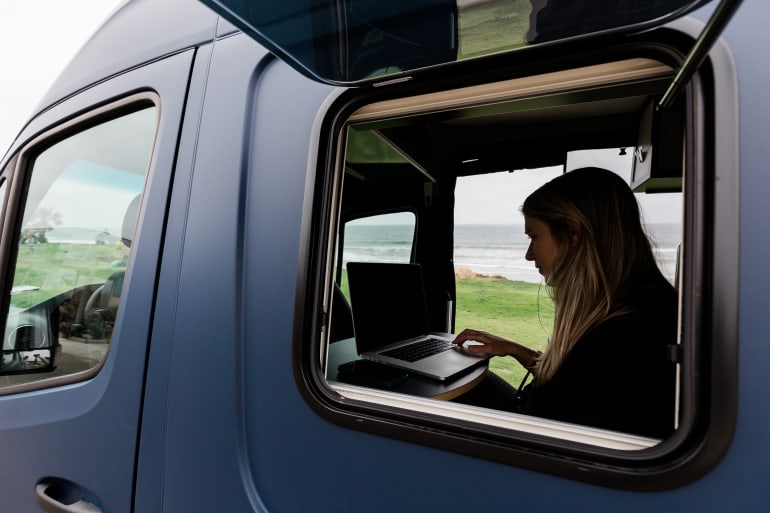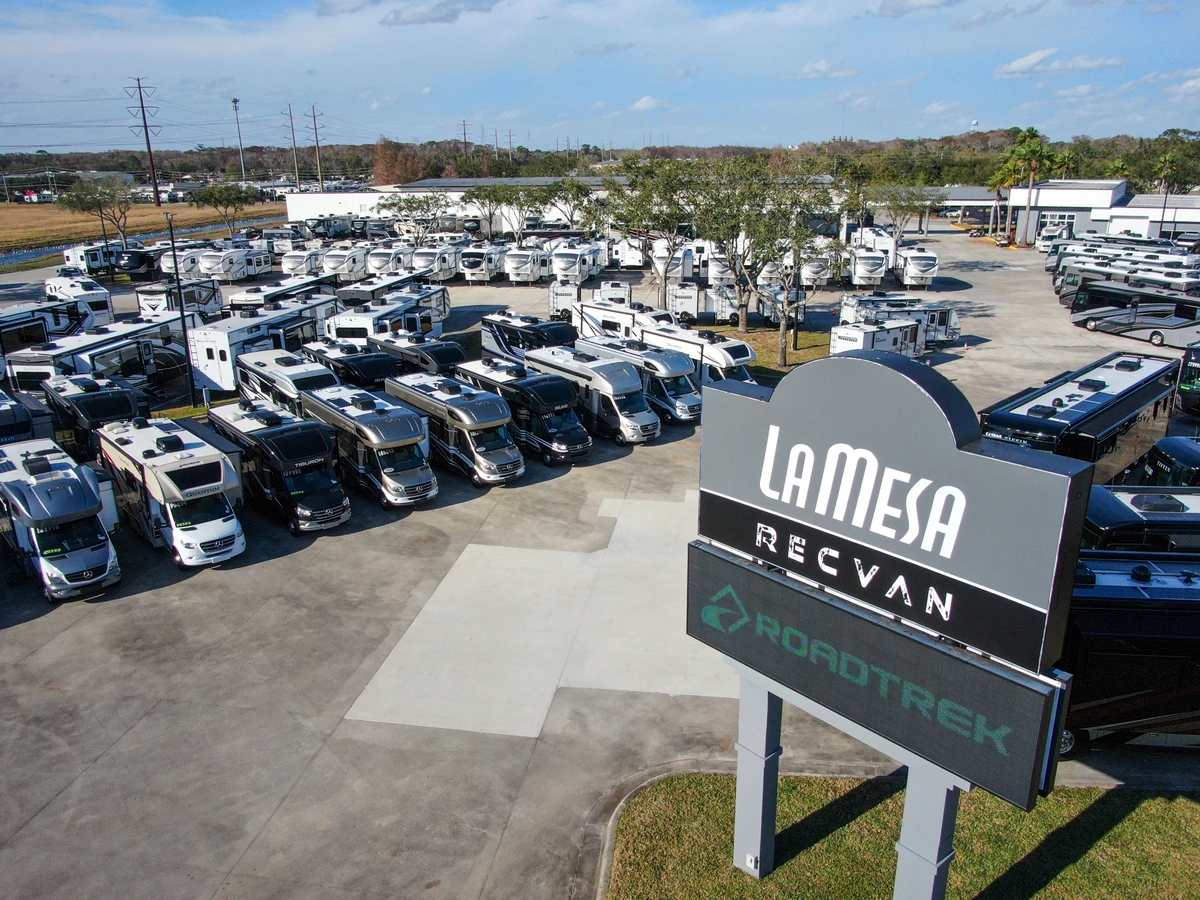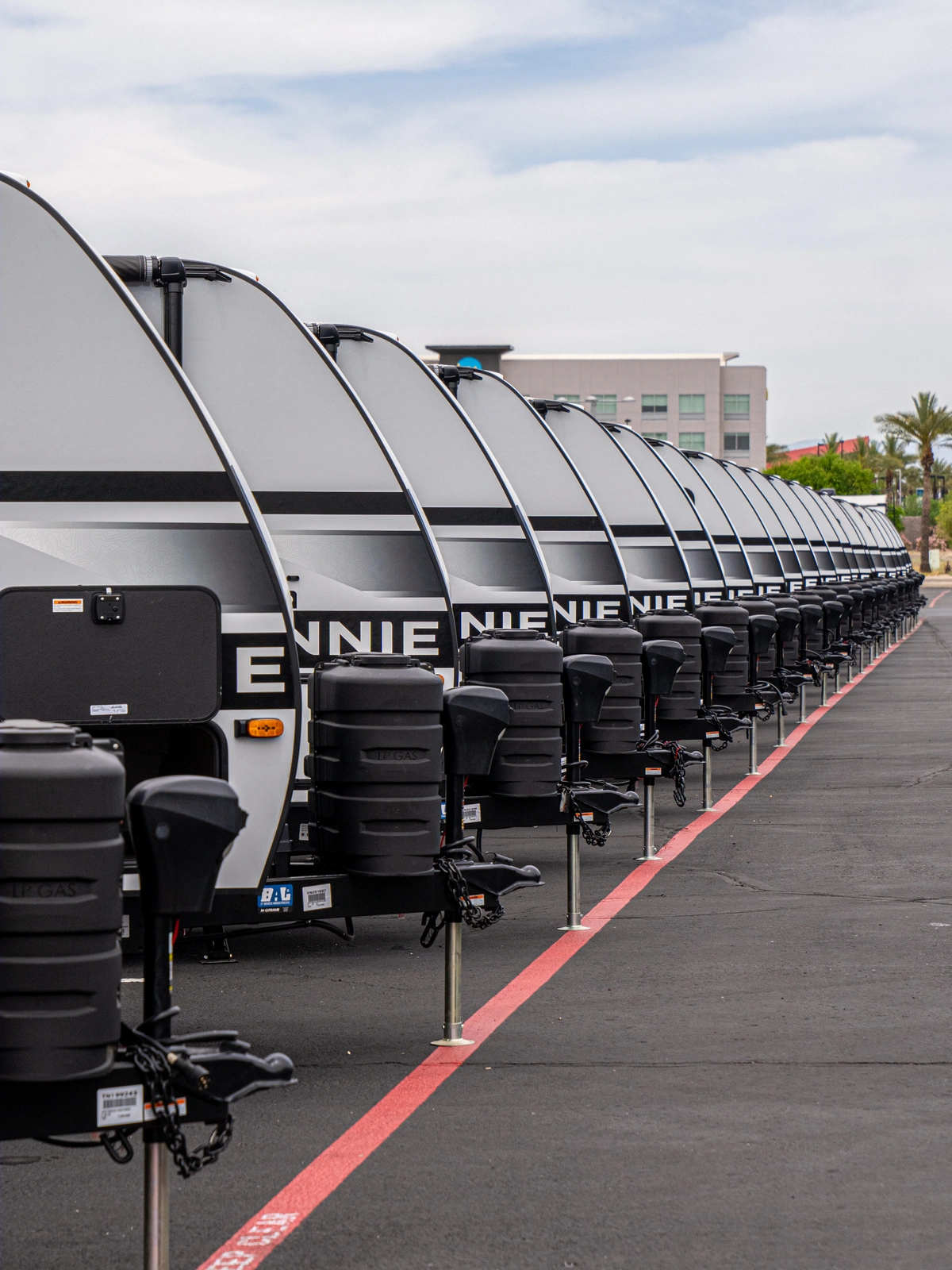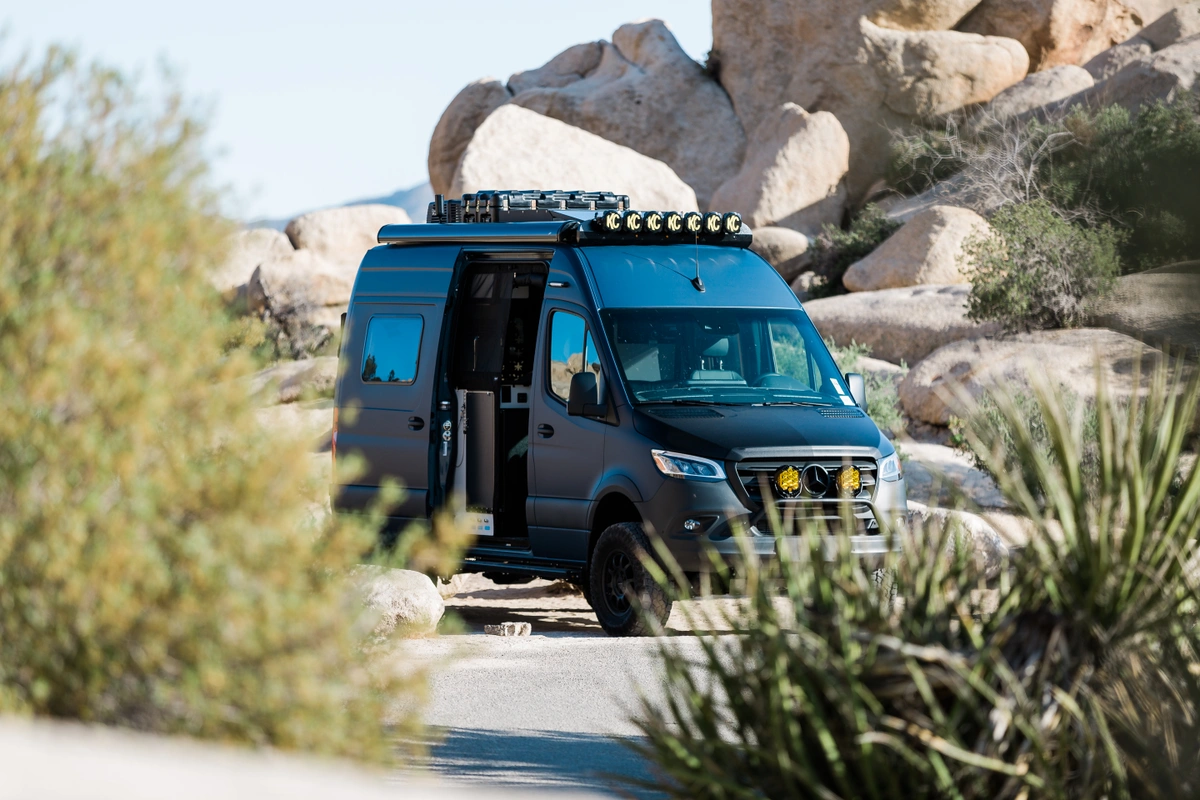Some people who head out in their RV want to get away from it all and unplug from the hustle and bustle of daily life. However, today more and more RVers still want to stay in touch with the outside world while they are traveling. The truth is, it's nice to be able to email your friends, browse the web, or stream your favorite shows while you are on the road. Not to mention, with the number of people working remote these days, the RV lifestyle is perfect for working from the road.
To stay connected while you are traveling, you will need a reliable internet service. While not as straightforward as at home, there are many options you can choose from to make sure you have internet access while RVing. Here are some tips for figuring out which method is best for your needs.
Guest Post by Robin Buck

How Will You Use the Internet?
Before you begin to search for internet options, it is good to know what kind of internet needs you will have. Are you a casual user who mainly wants to check email, make a few Facebook posts, or read the news online? Maybe you are a moderate user who posts on social media daily, watches YouTube videos, or streams Netflix movies a few times a week. If you depend on the internet for working remotely, conducting Zoom meetings, or writing blog posts then you are an advanced user. Determining your usage requirements will help you decide which internet option will be best for your situation.
Internet Options
There are three basic sources for your internet while RVing: Wi-Fi, cellular data, and satellite. Which one you choose will depend not only on your usage needs, but also on where you camp and your spending budget. Luckily, there have been many improvements in technology and coverage areas in recent years so getting internet on the road is much easier. Once you have your source, you can use the internet on all of your devices such as iPad, laptop, tv, and computer.

Wi-Fi
Wi-Fi is a publicly provided internet option. Many campgrounds offer Wi-Fi, but they are often limited in internet speeds and prohibit large downloads or streaming due to the high volume of users. In addition to campgrounds, you can usually access public Wi-Fi at businesses like coffee shops, libraires, restaurants, and even stores. Of course, this method is only good when you are near the Wi-Fi source.
This option is best for those who are casual users and just need internet access for personal use on an occasional basis. The advantage of Wi-Fi is that you don't need an account and it is free. The downside is that you won't always be near a Wi-Fi location, it isn't secure, and internet speeds are limited.
Cellular Data
Using cellular data is another way to connect to the internet. This method is great for RVers because all you need is a mobile phone plan that includes a data allowance. The major carriers (like AT&T or Verizon) have pretty good coverage over most of the country and because you have your own account and password, your internet use is secure.
This option is great for moderate or advanced internet needs but can get costly depending on your usage requirements and data plans. You can get a hotspot feature on your cell phone, or you might choose to purchase a portable jetpack for your connection. We eventually transitioned to using a modem/router so that we didn't have to worry about always charging the jetpack. Hotspots provide high-speed, reliable data as long as you are in an area with good cell coverage. Some RVers use 2 or 3 different carriers to guarantee internet access or a cell phone booster to get a better signal. Be aware that although carriers advertise unlimited data, speeds are often reduced after a certain point of usage each month.

Satellite
Finally, satellite now gives RVers an easily portable, consistent service option. Several companies offer this service, including the newcomer Starlink. This option is the most expensive as it requires that you purchase an antenna dish as well as subscribe to their monthly service. The benefits are high speed unlimited data and being able to use it in areas that don't have cell service (as long as there is a clear view to the sky above). Starlink charges an additional monthly fee for RVers to change service locations, but they do have an option to suspend the subscription when you aren't traveling.
Choose Your Best Option
This information is really just a basic overview of internet options while you are RVing, but hopefully will point you in the right direction as to the type of internet service you might need. Cellular carriers have many different data plans and pricing, so it is worthwhile to check with each to compare. What works for one family might not be what works for another, and your needs can even change from year to year. Don't be afraid to ask questions and get recommendations from other RVers to help you decide the best choice for your situation.
Robin and her husband, Mike, are Air Force veterans and empty nesters who travel full-time in their Entegra Anthem motorhome. Always ready to explore, they love nature and wildlife, meeting new friends, and discovering America's many hidden gems. Robin chronicles their adventures and experiences on her travel blog RVing with Robin.



